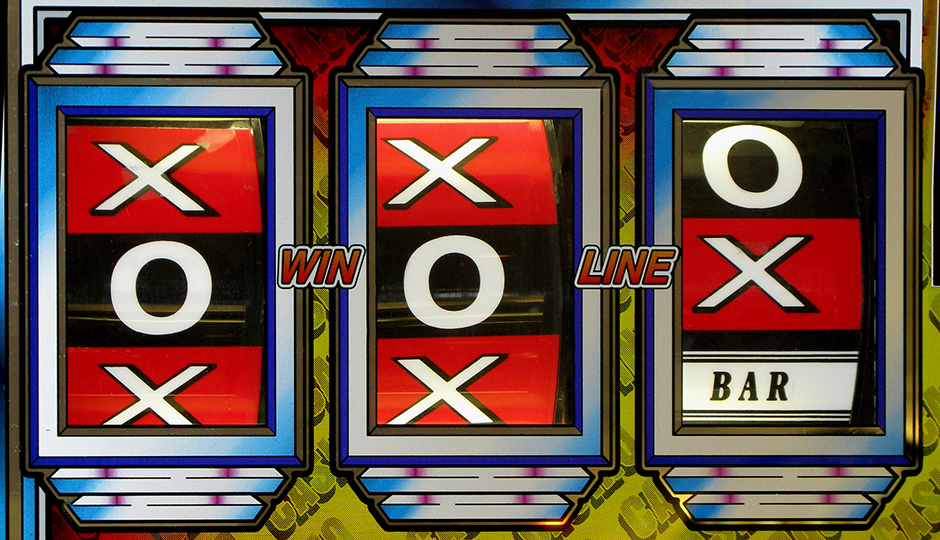
This research project examined the similarities between video game players and gamblers, with a focus on online role playing games such as Massive Multiplayer Online Role Playing Games (MMORPG) (e.g. World of Warcraft).
With the ever-expanding use of the internet for entertainment, the potential for abuse is becoming a subject of real concern. Previous research has demonstrated a potential link between video gaming and gambling among adolescents. Youth gamblers are more likely to report playing video games, while youth who call themselves experienced video game players also claim to be regular gamblers.
More problem gamblers than non-problem gamblers showed signs of problem video game playing.
We examined whether this link between video game playing and gambling carries through to the internet. In addition, we looked at whether individuals with certain personality characteristics, such as extraversion and impulsivity, engage in both activities, and whether there is an overlap in shared pathologies (e.g. depression).
The results showed that MMORPG players gambled via the internet more frequently than non-players in the past year, and more video game players than non-players engaged in offline gambling in the past year.
In general, video game playing predicted gambling; however, MMORPG gaming did not predict internet gambling. More problem gamblers than non-problem gamblers reported playing MMORPGs in the last year, and more problem gamblers than non-problem gamblers showed signs of problem video game playing. Gamblers and gamers showed similar levels of impulsivity and extraversion, while, contrary to expectation, no significant differences in depression scores were observed based on gambling severity or gaming activity.
Main researcher
Jeffrey L. Derevensky, McGill University
Deposit of the research report: August 2012
